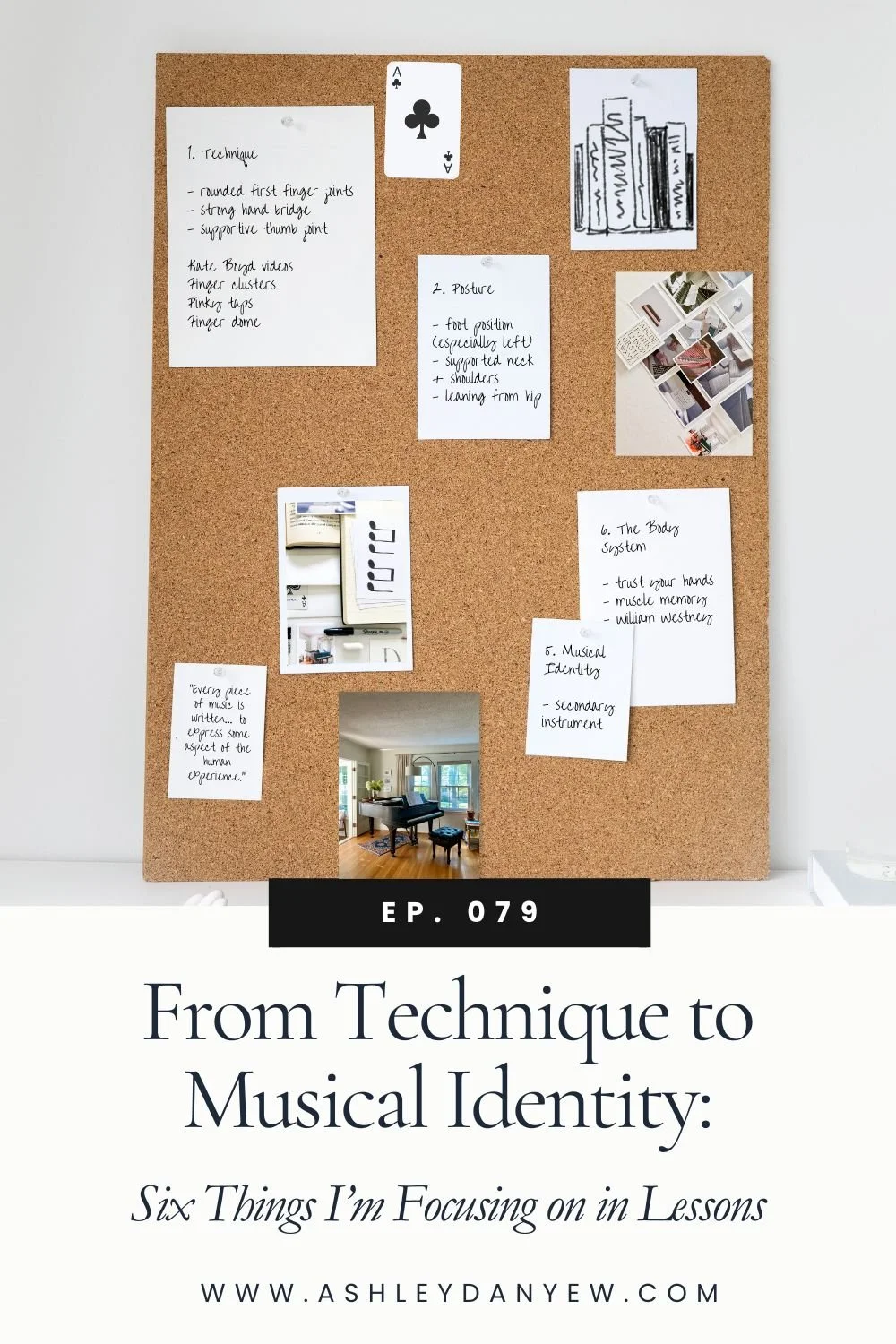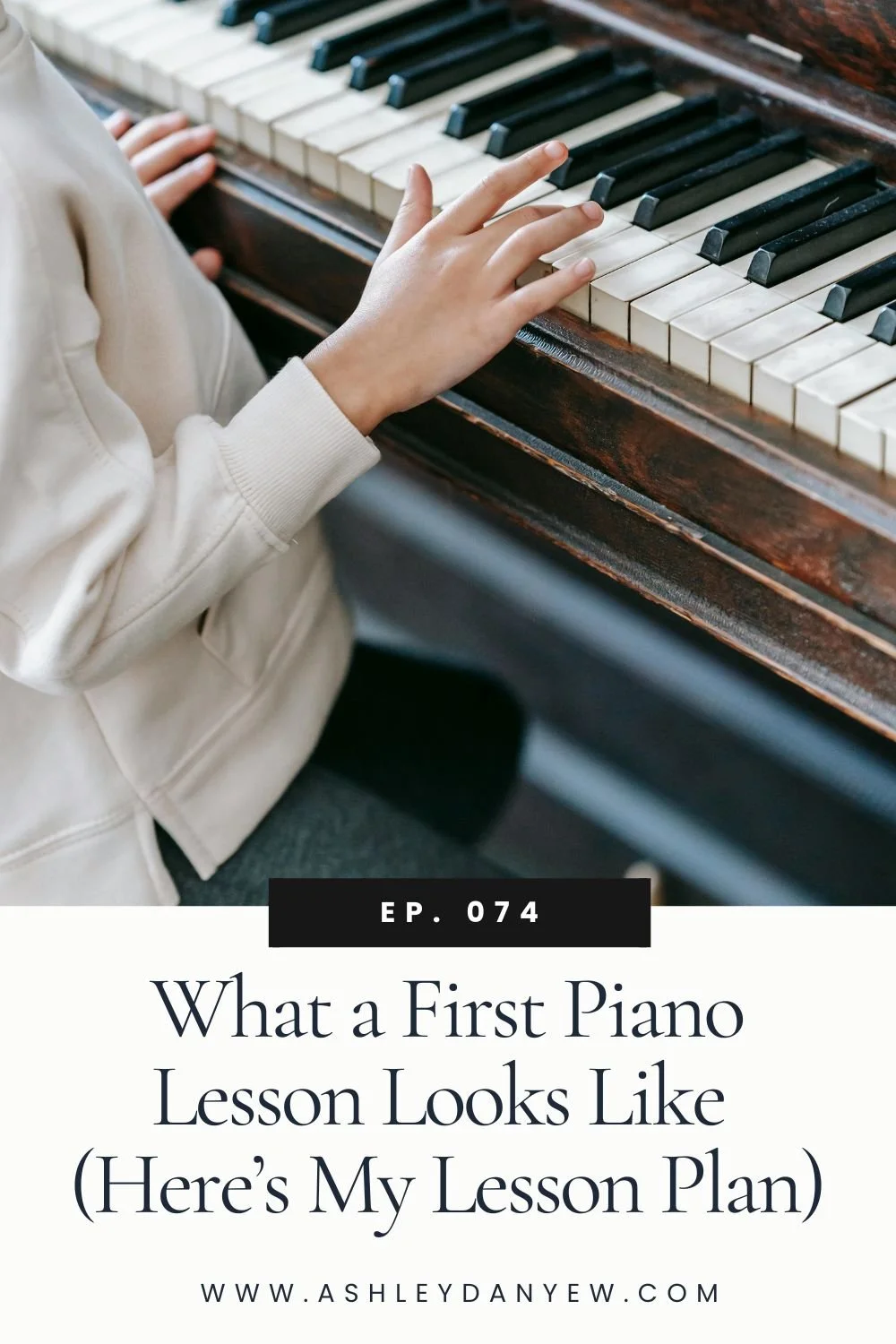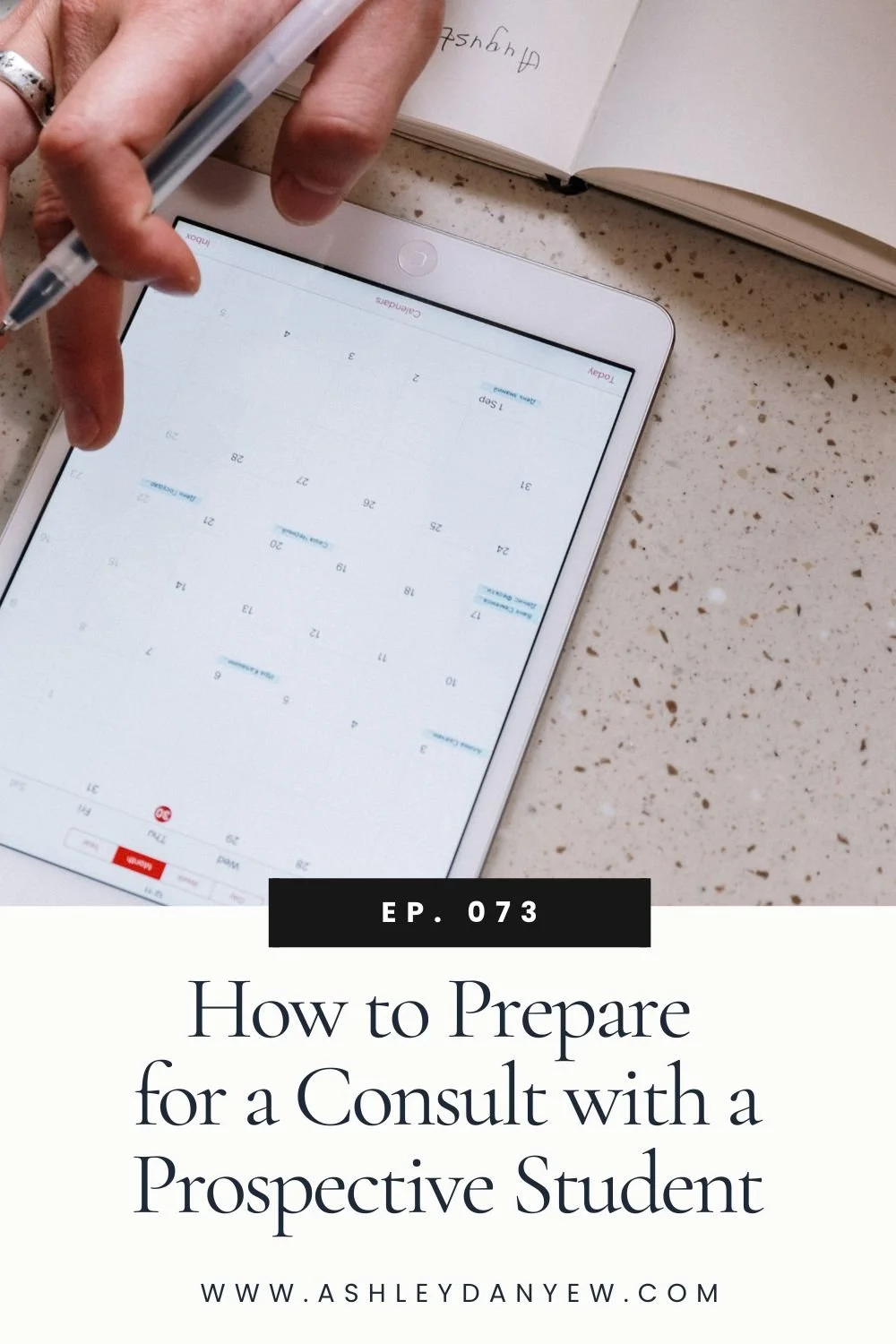Some of you may not know this about me, but I’m a musician and an artist.
I always loved art as a kid—from finger painting in my blue smock at my Little Tikes easel to coloring and tracing to the pastel class I took one summer, culminating in our work being displayed in a local bank. For a while, my answer to the question, “What do you want to be when you grow up?” was “An artist or illustrator.”
Music was always there, too—singing and playing the piano, learning letter names as I learned the alphabet, and later, accompanying, teaching, performing, and arranging.
At some point, I set art aside to focus on music.

















